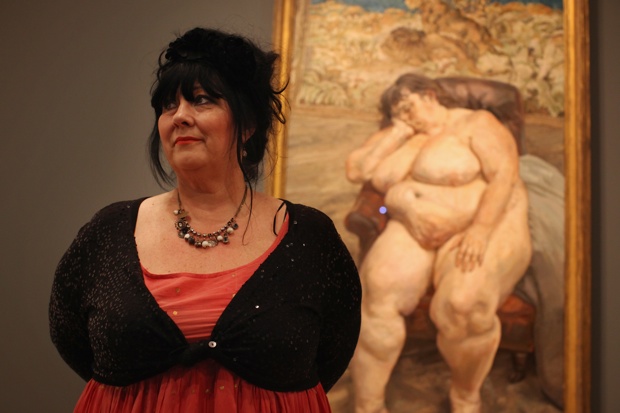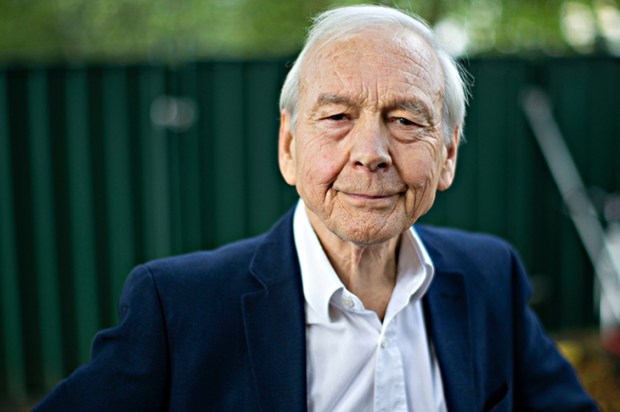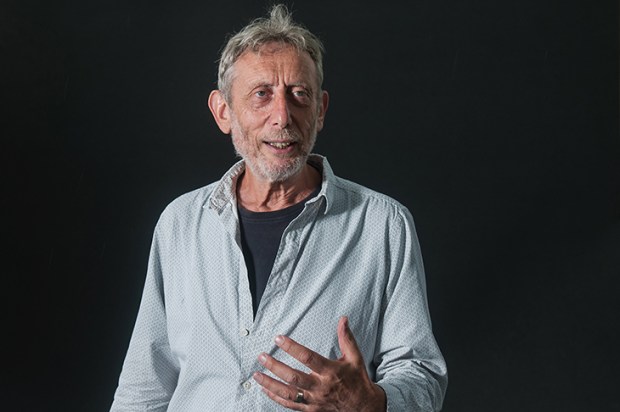Why are we still listening to the radio in 2013, to an outdated technology that has hardly changed in manufacture or output since it first appeared in the 1920s? How come TV did not wipe it out, as CDs wiped out the cassette and DVDs put paid to video? My guess is that it’s because sound was more important to us when we first came into the world and our eyes were still too blurry to take in much of what was going on. Our ears, though, were straightaway alert. Listening now, making connections through sound, keeps us in touch with that first consciousness, that initial awareness. It takes us back to the womb, to the prenatal state of hearing our mother’s heartbeat long before we could actually see her. If I listen to a news bulletin, I remember far more of it than from watching the news on screen. The TV images might stay with me, but the details, have much more impact if taken in by ear and processed in the brain. Through sound, we can learn how to see the world.
That’s why, from Tesla and Marconi onwards, radio producers have tried to recreate in sound not just how we talk, what we sound like, but also how we think, what’s going on inside. On the page, only writers like James Joyce and Virginia Woolf have come anywhere close to making sense of our interminable threads of thought as they veer wildly from the mundane to the weird and fantastic, from the vital facts we need to remember to get through the day to the uncalled-for memories that pop up inconsequentially and leave us feeling dizzy. But in these post-Crash times, on the BBC at least, there’s not much scope for real thought-world experimentation and precious little funding for what might be called ‘creative radio’. The Wire, Radio 3’s test-tube show, has not been heard from since March; plays and short stories on 4 rarely play with the genre.
Only Between the Ears has survived the chop, as a regular programme that’s designed to innovate, surprise, shake us up out of what we think we should be hearing. It’s been going for 20 years and this week celebrated its anniversary with a half-hour feature on Saturday (Radio 3) and a nightly series of 15-minute shorts. The trouble is you can’t set out to be original. You can’t design creativity. It either comes or it doesn’t. As soon as one tries to innovate, the ideas falter, droop, lose direction (just like when you try to do the tree pose in yoga and begin thinking — time to reach for the wall).
Shadowlands was described as ‘a radio symphony’, in four parts (three more are to come in the next three weeks). It began with the Theme and Variations, and with two world economists who tried to find for us the real meaning of ‘value’. Other variations included the voices of Sue Tilley (one of Lucian Freud’s life models), a group of drug users, and an irritating beat poet who called himself Jazzman John Clarke. They all kept quoting T.S. Eliot’s great line, ‘Between the idea/ And the reality,/ Between the motion/ And the act,/ Falls the shadow’ as if what they were saying in some way illustrated that ‘shadow’. But it was all too clever, too allusive. Why, for instance, were we given clips from Mary Poppins? Why did we keep hearing the sound of bird wings flapping earnestly but futilely?
In Consequences (each weekday night on Radio 3) five radio production teams from radio stations across the globe (Australia, Denmark, Canada, USA and the UK) played the teenage game, each taking a different part — The Woman, The Man, Where They Met, He Said/She Said, The Consequence. Only The Man on Tuesday night (from Denmark) played with the idea that the wireless can take our imaginations on wild, dreamlike journeys. Our Man (Tim Hinman) is a sound engineer who is suffering from an overdose of sound, and has locked himself into a soundproof box to escape. The trouble is he can’t open the door. He’s stuck now for ever with his carefully engineered ‘good’ noises.
Perhaps I had too high expectations; perhaps there is nothing more to explore. But these celebratory programmes gave us ideas without connections, thoughts that together made no sense. Only Tim’s line, ‘You have ears but no earlids’, will stick in the mind.
The most extraordinary sound of the week was actually something so common and heard almost every day even by those mired in the inner city. Chris Watson, the sound recordist who to great effect spends days and nights outdoors making wildlife programmes, took his recording equipment into Newcastle’s Central Station. One evening, at dusk, after all the commuters had gone home, he picked up a single melody, the song of a blackbird. As Watson explained, ‘The song rolled down on to the track and filled the southern entrance to the station,’ echoing through the vast Victorian amphitheatre. This is why we keep listening — odd moments of pure sound, instant connection.
Got something to add? Join the discussion and comment below.
Get 10 issues for just $10
Subscribe to The Spectator Australia today for the next 10 magazine issues, plus full online access, for just $10.
You might disagree with half of it, but you’ll enjoy reading all of it. Try your first month for free, then just $2 a week for the remainder of your first year.














Comments
Don't miss out
Join the conversation with other Spectator Australia readers. Subscribe to leave a comment.
SUBSCRIBEAlready a subscriber? Log in